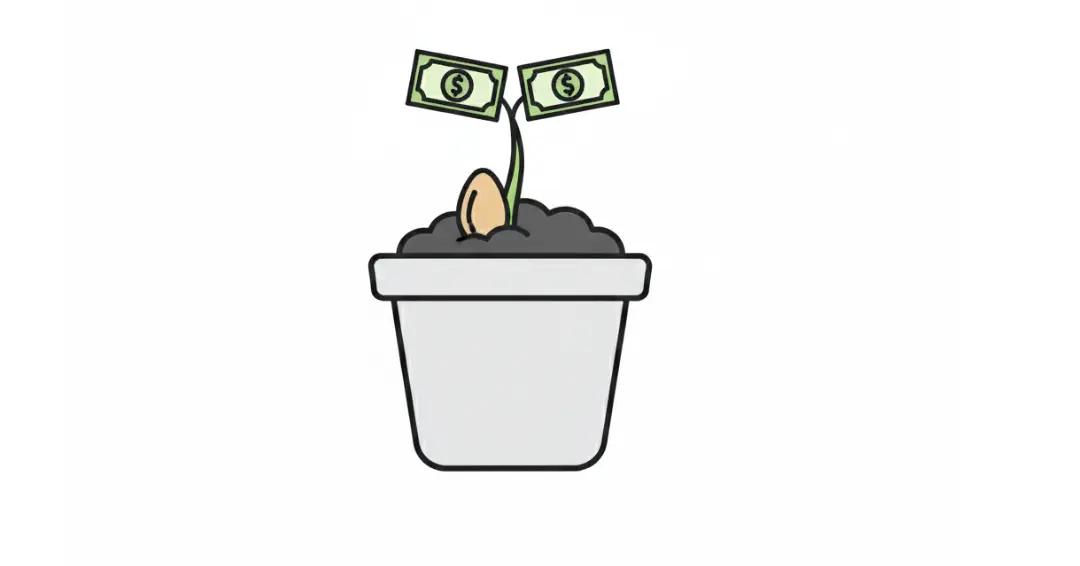
The Post‑Sale Follow‑Up: 5 Simple Steps to Loyalty and Referrals
Closing a sale feels like the finish line, but really it’s just the start. The days and weeks right after a deal are when customers decide if they’ll stay with you — or ghost you.
Why care?
- Keeping a customer is 5–25x cheaper than finding a new one.
- Repeat buyers spend more and give referrals.
- Nail follow‑up and you turn a one‑time deal into a long‑term relationship.
Here’s a simple 5‑step system for follow‑up. Run it manually or, later, make it easier with MiniCRM.
Step 1: Send a Thank‑You (Immediately)
A fast, sincere thank‑you reinforces the customer’s choice, while excitement is still high.
Best practices
- Send within 24–48 hrs.
- Personalize: mention their name and purchase.
- Add a human contact; sign off with a real name.
- Tie to your invoicing or onboarding flow.
Email template (example)
Subject: Thank you and welcome to [Company]
Hi ,
Thanks for choosing us for your [product/service]. We really appreciate your trust.
If you have any questions, you can reach me directly at [phone/email].
Welcome aboard—looking forward to making this a success.
Best,
Step 2: Check In (After 1–2 Weeks)
Don’t disappear. This is when early bumps appear — fix them and customers stay.
Best practices
- Timing: 7–14 days post‑sale works (earlier if product is complex).
- Keep it short, casual, supportive.
- Ask specific questions, don’t upsell yet.
- Use reminders so you never forget.
Check‑In email template
Subject: Just checking in – how's [Product] so far?
Hi ,
It's been about a week since we got you started with [Product/Service]. How's it going?
Any questions or issues I can help with?
Your feedback helps us make sure you're getting full value.
Best,
Step 3: Keep Communication Open (Ongoing)
Stay on their radar by adding value, not noise.
Examples of useful content
- Tips, how‑tos, and cheat sheets
- Case studies or guides
- Product updates they really care about
- Invites to Q&As / webinars
One short helpful email per month beats sporadic long essays.
Content email template
Subject: Quick tip to get more from [Product]
Hi ,
Here's a trick many customers find useful: [insert tip]. It helps with [benefit].
Full guide here: [link].
Hope it helps — let me know if questions pop up.
Cheers,
Step 4: Think Second Sale (When Timing’s Right)
Your happiest customers are your easiest next sales. Don’t rush, but don’t ignore.
Best practices
- Pick up hints during check‑ins.
- Suggest logical add‑ons or upgrades.
- Timing: 1–3 months after sale or at renewal/refill.
- Keep it framed around benefits, not quotas.
Upsell email template
Subject: Idea that could add extra value
Hi ,
Glad to hear [Product A] is going well. Many customers in your shoes find [Product B]
helps with [problem it solves/benefit it adds]. Might be worth a look.
Would you like a quick call to see if it fits? No pressure.
Best,
Step 5: Ask for Referrals (When They’re Happy)
Referrals close faster, cost less, and stick longer. Customers will refer — if you ask.
Best practices
- Ask right after a happy moment or success.
- Be specific about ideal referrals.
- Make acting easy: reply, forward, or share link.
- Add a small thank‑you reward when possible.
Referral request template
Subject: A small favor (only if you're happy with us)
Hi ,
It's been a couple of months since we did [project/service].
If you're happy with the results, could you think of someone else who might benefit?
Just reply with their contact or share my details.
As a thank‑you, we'll [insert perk] if it turns into a project.
Really appreciate your support,
Wrapping it up
The 5‑step playbook in one line each:
- Thank them fast.
- Check in early.
- Keep sending value.
- Offer the next thing at the right time.
- Ask for referrals when they’re happy.
This can be run with a calendar and reminders. You’ll keep more customers, earn repeat sales, and get steady referrals.
Where MiniCRM Makes It Easier
- Automated tasks/reminders mean you never forget a step.
- Email templates personalized & sent at scale.
- Notes, calls, and history all tied to one client.
- Referral tracking tags who referred who so you can thank them properly.
- Handoffs seamless: from won deal → services → follow‑up routine.
Manual works to start, but if you want consistency and time savings, MiniCRM gives you structure so follow‑up becomes natural and repeatable.